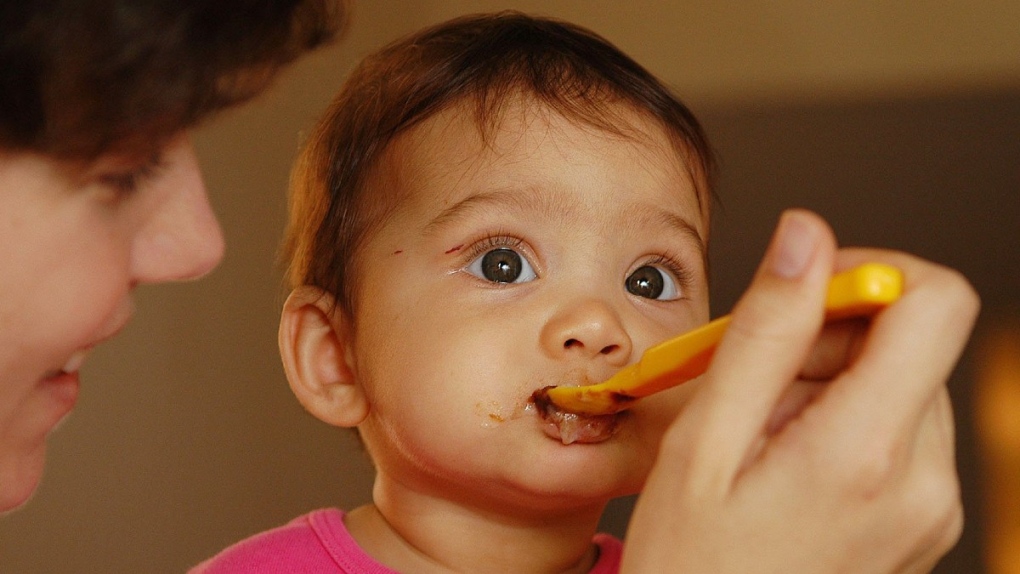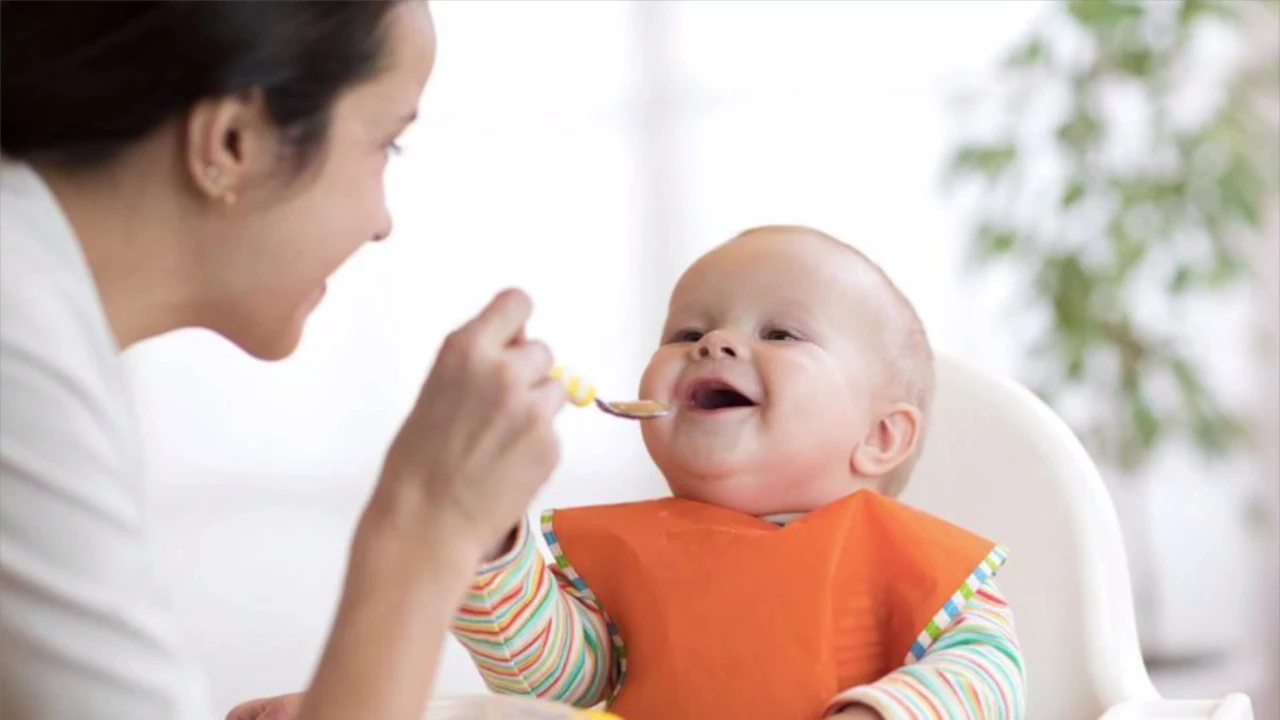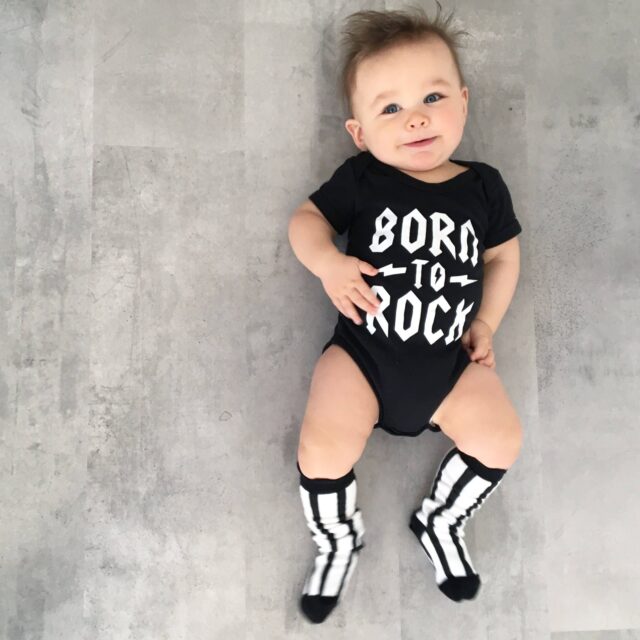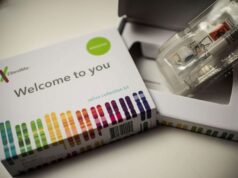Some things are universally loved such as food, travel, adventure, etc. Food cannot be seen from a hazardous or life-threatening angle. In other words, many people think that most of the food they consume daily is very safe and healthy. But, this does not hold true for every edible item.
Many food labels claim that they are free of any contaminants or impurities. But, many foods, especially baby food, contain many metals and contaminants that may cause huge damage in the long run.
Different baby foods have different testing methods. Many baby foods do not go through clinical testing before market testing. In some cases, they detect heavy metals in later stages. Parents should avoid giving such food with heavy metals & contaminants. They should check the food label and provide baby food without heavy metals.
The following guide describes why these impurities can be dangerous for a small baby, their effects, and remedies.
4 Important Things To Know Everything About Heavy Metals and Contaminants in Baby Food
The following section will give an ultimate guide to heavy metals and contaminants like lead, mercury, arsenic, etc., contained in baby foods.
How Harmful Are These Contaminants

The exposure of metallic elements to any age group is dangerous. When a baby consumes baby food containing minimal contaminants, it constitutes a small part of the overall risk. Though it will not harm the baby solely, collective small amounts of metal can harm them. Therefore, it should be noted that detecting these small amounts of contaminants at the grassroots level is crucial, lest the problem worsens.
There are many toxic metals that are injected during various production stages of baby food. These toxic metals affect the brain directly. These metals can slow your memory, focus power, grasping power, cognition factors, etc.
Impact Of Metal-Contained Baby Food
As mentioned earlier, the major effect of these baby foods is on the brain. A person will find mostly four core metal elements in baby foods. These include cadmium, mercury, inorganic arsenic, and lead.
Many studies have indicated that these elements are not safe whether found in small or large amounts. Some of these components are also neurotoxins. It means that they impact the person’s central nervous system. They can witness changes in their body with repeated consumption of these items.
Some people are highly sensitive to these elements. They experience severe pain and infrequent changes. Exposure to heavy metals or contaminants can imply various disorders or conditions in the future. These include reduced IQ level, cognitive problems, skin irritations, kidney problems, cancer, reproductive infections, diabetes, etc.
Entry Modes Of These Contaminants
A major question comes into the picture from where these heavy metals or contaminants come in baby foods. The most critical area of entry of these impurities is the environment. There are various elements present in the earth’s crust, and they are released in nature in large volumes through multiple activities.
Another pathway of these contaminants is food packaging and labeling. The packaging material might contain various metals like lead, mercury, etc., which may move to the food. If the food is consumed after a long time from the manufacturing date, it will likely attract these contaminants.
Food Items Containing Metals & Contaminants

It is crucial to know which food items are likely to have heavy metals or contaminants. The most significant items containing these elements are sweet potato, juice, and rice. Apart from these, the following foods also have a decent amount of heavy metals.
- Rice Cereal
- Snacks made of rice
- Carrots
- Rice rusks
- Biscuits
- Fruit juice
Ways To Prevent Baby’s Exposure To Heavy Metals & Contaminants
There are various tips to avoid your baby’s exposure to harmful metal and related components:
- Firstly, you should provide your child with a nutrient-rich, balanced appetite. In simple words, a perfect diet should include vivid fruits, vegetables, protein, etc. It will boost their immunity power and make them less prone to harmful substances.
- Many people do not consider the contents of baby food. They indicate certain ingredients that may lead to the toxic metal formation. The items mentioned above might be mixed in baby foods to give a good taste, but can prove dangerous.
- It is crucial to change the nutrient level if your baby is a major consumer of rice cereals and different rice products. It can have detrimental effects. Habit of consuming rice puffed snacks regularly should be changed immediately.
- Experts have also suggested various alternatives to rice cereals and related products. Brown rice is a good option for people consuming rice daily.
- Another tip for reducing the chances of metal exposure is to check the tap water frequently. Many times, pipes accumulate lead content due to improper cleaning of pipes.
- Women should breastfeed their babies as much as possible to avoid any problems in babies. It can lower the risks of various food diseases found in babies.
- Do not give fruit juices to your babies. Parents should avoid giving fruit juices to babies of less than six months.
- Even if you do not breastfeed your babies, you should give homemade food to them. Depend on baby food only when you do not have any other option.
- Pediatricians are good options when you witness unusual cognitive senses or behavioral changes in your babies. They will give decent suggestions.
Conclusion

The guide given above provides a detailed overview of how toxic metals & contaminants impact babies. There are several psychological, physical, and mental effects of these baby food products.
A person should take precautionary measures to avoid future consequences impacting their babies. Selection of the right rice type also holds a prominent place in reducing the chances of various disorders resulting from toxic metals in baby foods.







